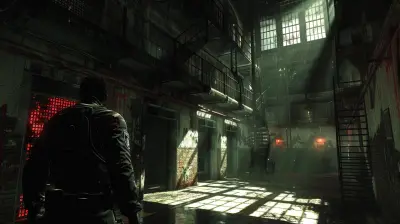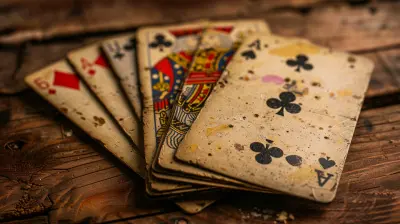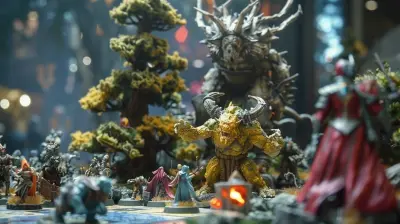The Role of Random Events in Shaping Your Game’s Strategy
12 September 2025
Ever been one shot away from victory only for a surprise lightning strike, critical fail, or sudden betrayal to ruin your perfect game plan? Yeah, we’ve all been there. Random events in games are like that wildcard friend in a group — totally unpredictable, sometimes hilarious, often frustrating, but they always keep things interesting.
But is randomness just chaos designed to make us lose our minds? Or is it a clever mechanic that shapes how we play, plan, and adapt? In this article, we’re diving deep into the beautifully chaotic world of random events and how they shape your game’s strategy — whether you're rolling dice in a tabletop RPG, playing a card game, or sweating through the final circle of a battle royale.
Let’s break it down.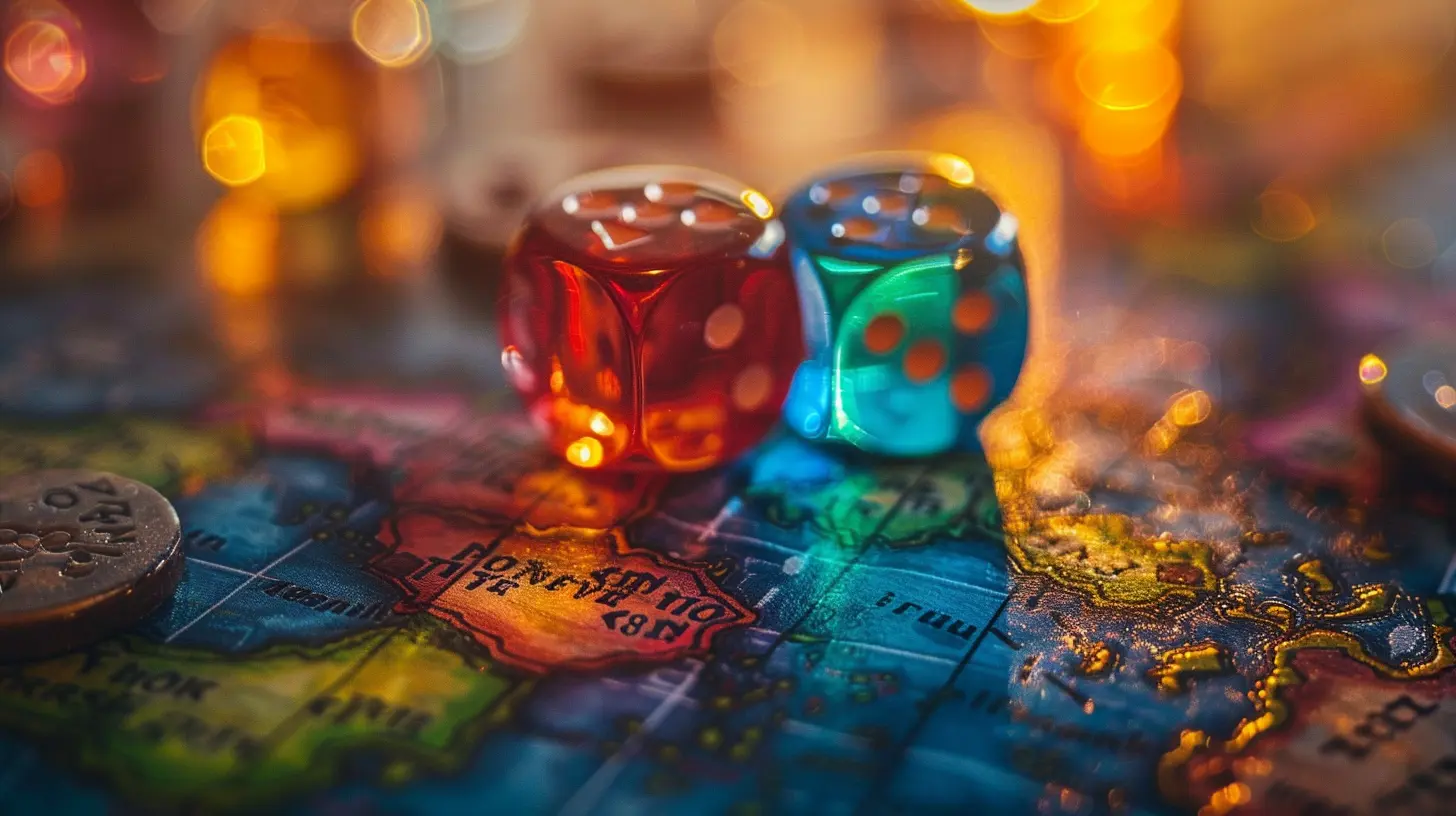
What Are Random Events in Games Anyway?
Let’s not overcomplicate it — a random event is anything in a game that happens without a guaranteed outcome. It might be a dice roll, a shuffled card, an unexpected loot drop, or even weather conditions changing mid-match. Basically, it's the "stuff happens" element.These events are designed to simulate unpredictability — which, let’s be honest, is kinda what life’s like too. They inject surprise and variety into the game loop. Whether it’s good luck or bad luck, it forces you to think on your feet.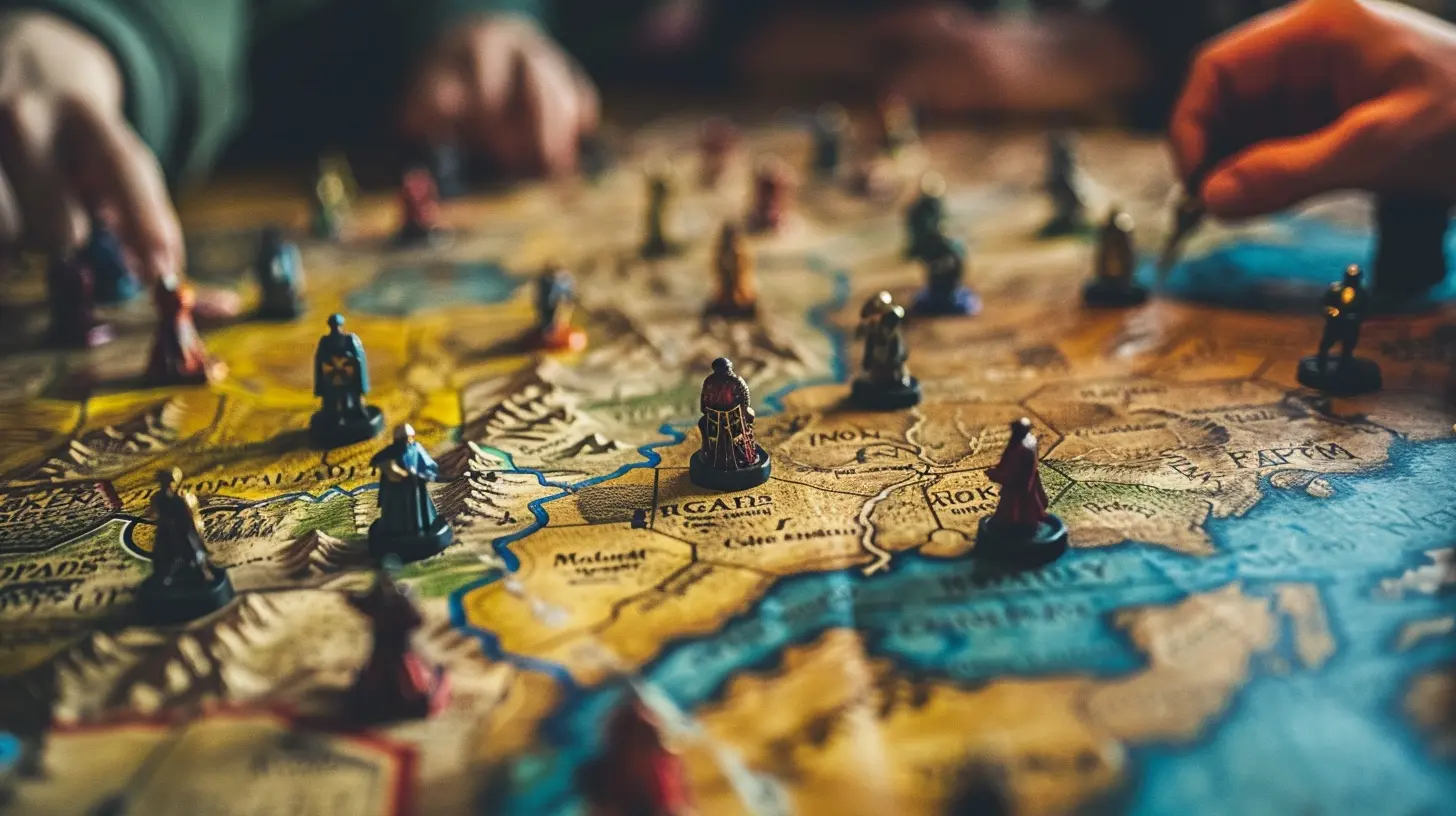
Why Game Developers Use Random Events
Game designers don’t just throw dice for the fun of it (well, some probably do). Random events are baked into games for a few solid reasons:1. Replayability
Nobody wants to play a game that runs the exact same way every single time. Random elements shake things up, making each session feel fresh. Think of them as the spice that keeps your gameplay stew from going bland.2. Balance and Fairness
Sometimes, randomness gives the underdog a fighting chance. Ever lost a match only because your opponent pulled a rare card they had no idea was coming? That kind of chaos levels the playing field and makes come-from-behind victories possible — and exciting.3. Tension and Drama
Let’s be real: tension is what makes games thrilling. Will the attack land? Will the trap trigger? Will the rare item drop? Random events crank up the pressure and let the game write its own dramatic narrative.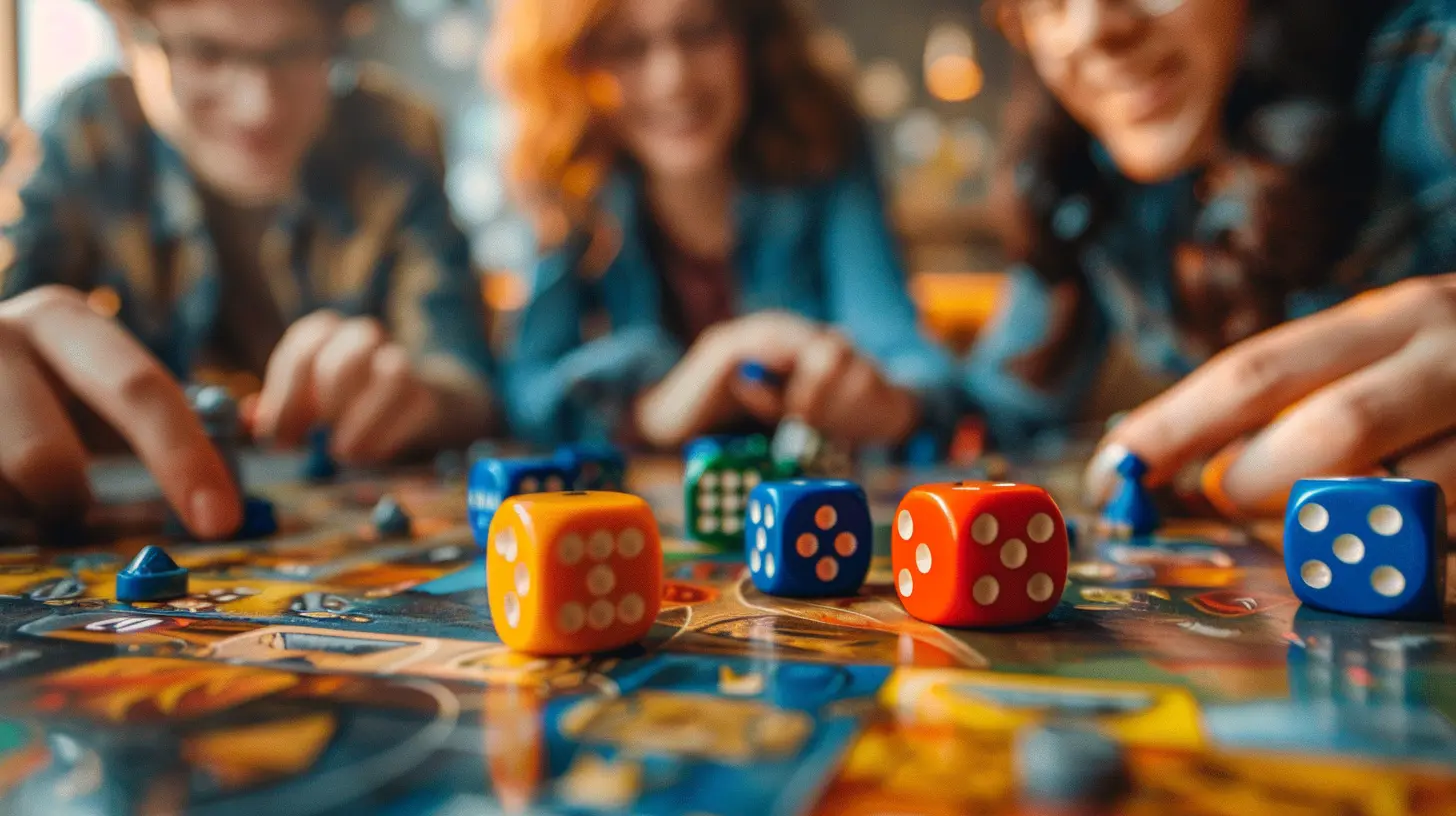
The Double-Edged Sword of RNG (Random Number Generator)
RNG is the code version of that unpredictable twist of fate. It’s used in everything from crit chances to loot boxes. But it's a love-hate relationship, isn’t it?Let’s say you’ve got a 90% success rate to land a hit… and you miss. Three times in a row. It feels personal. That’s the burstiness of RNG — it's not always as "random" as we'd like it to be.
Yet, when the tables turn and you land that 1-in-a-million hit? Feels like the game just crowned you as king or queen of the universe.
How Random Events Influence Strategy
Here’s where it gets juicy. Randomness isn’t just noise — it actually forces you to plan smarter.1. Risk Management
Games with random events are basically teaching you how to gamble wisely. You start weighing odds, covering your bases, and deciding when to go big or play it safe. High risk, high reward — or high heartbreak.Example:
In card games like Hearthstone or Magic: The Gathering, players often hold onto certain cards just waiting for the right moment... or hope the top deck is kind. Strategic patience becomes just as important as aggressive plays.2. Adaptive Thinking
When the unexpected hits, rigid plans crumble. That’s when adaptability shines. The best players don’t just plan ahead — they plan to change the plan.Example:
In games like Civilization, a random natural disaster or barbarian uprising can completely derail your strategy. You might need to switch from aggressive expansion to defensive survival — fast.3. Learning Through Chaos
Each unpredictable moment teaches you something. You start to understand game mechanics on a deeper level. You become better at reacting, predicting, and preparing for alternatives.Genres Where Random Events Take Center Stage
Random events touch nearly every genre, but some live and breathe chaos more than others. If you love (or hate) randomness, here’s where to focus your attention:1. Roguelikes and Roguelites
These are the poster children of random events. Every run is different — enemy placements, items, level layouts. Games like Hades or Dead Cells are built entirely around rolling with the punches.2. Tabletop and Card Games
Dice rolls, shuffled decks, randomized encounters — randomness is the lifeblood of games like Dungeons & Dragons or Gloomhaven. Here, strategy means preparing for anything and embracing the unknown.3. Battle Royales
Think Fortnite or Apex Legends. You never know where good loot will spawn, who you’ll encounter, or where the circle will close. Randomness here shapes not just the strategy, but the entire pacing of the match.4. Strategy Games
In turn-based tactics titles like XCOM, probability plays a huge part. You’ll often find yourself failing a 95% shot and shouting at your screen — but that’s part of the thrill.Can Random Events Be "Too Random"?
Short answer: yes. Long answer: it depends on the balance.If randomness feels cheap (like losing due to sheer bad luck despite perfect play), it can frustrate players. This is usually an issue of perceived fairness. Randomness should challenge strategy, not override it entirely.
The best games use what we call “controlled randomness” — random elements that are still influenced by player choices.
Bad Randomness:
- No counterplay available- Outcomes feel rigged or unfair
- Zero influence from player skill
Good Randomness:
- Adds tension and surprise without ruining control- Allows for planning around possible outcomes
- Rewards quick thinking and adaptation
Think of it like weather in a sailing game — you can't control the wind, but you can adjust your sails.
Tips for Dealing With Randomness Like a Pro
Whether you’re a casual player or a competitive junkie, here are a few tips to not just survive the chaos — but thrive in it:1. Always Have a Backup Plan
If Plan A relies entirely on a lucky roll, you’re setting yourself up for disappointment. Build a Plan B — and maybe even a Plan C.2. Play the Percentages
Sometimes, it's about playing the odds. Don't count on miracles — give yourself the best statistical chance of success and trust the math (well, as much as your luck allows).3. Stay Calm Under Pressure
Random disasters are part of the fun. Learn to laugh off a loss — it’s all part of the game’s unpredictable charm. (And hey, if you can’t laugh, at least meme it.)4. Control What You Can
Even in hugely random environments, there are always things you can control: your positioning, your timing, your resource management. Focus on those.When Randomness Becomes Emergent Storytelling
This is my favorite part. Random events don’t just impact gameplay — they create moments. Stories you’ll tell your friends later.Remember that time you landed a critical blow with 1 HP left? Or the moment your weakest character made the difference in a TPK (total party kill) scenario?
That’s not just luck. That’s narrative magic. A good game turns randomness into a storytelling tool — and you, the player, into a legendary storymaker.
Balancing Skill and Chance: The Sweet Spot
The real magic in game design is finding the balance between skill and chance. Lean too hard into randomness, and players feel powerless. Go all skill, and you risk making the game predictable and stale.The perfect balance lets players feel smart for planning — but also surprised by the journey.
Games like Slay the Spire and Into the Breach nail this balance. They give you random variables, but every decision matters. You’re not just reacting. You’re crafting strategy in real time — with the chaos as your canvas.
Final Thoughts: Embrace the Chaos
Random events are more than just annoying curveballs — they’re the pulse of many great games. They test our flexibility, shake up stale strategies, and make every game session a new journey.Yes, they’ll break your heart sometimes. But they’ll also give you some of the most unforgettable gaming moments of your life.
So next time the dice roll against you, smile. The game just got interesting.
all images in this post were generated using AI tools
Category:
Strategy GamesAuthor:

Emery Larsen
Discussion
rate this article
1 comments
Veronica Howard
Random events in games are like that one friend who always shows up uninvited—sometimes they ruin the party, but other times, they bring the best snacks! Here’s to chaos making our strategies deliciously unpredictable!
September 16, 2025 at 4:40 AM

Emery Larsen
Absolutely! Embracing randomness can enhance gameplay, turning challenges into exciting opportunities. Cheers to those unpredictable moments that spice up our strategies!
